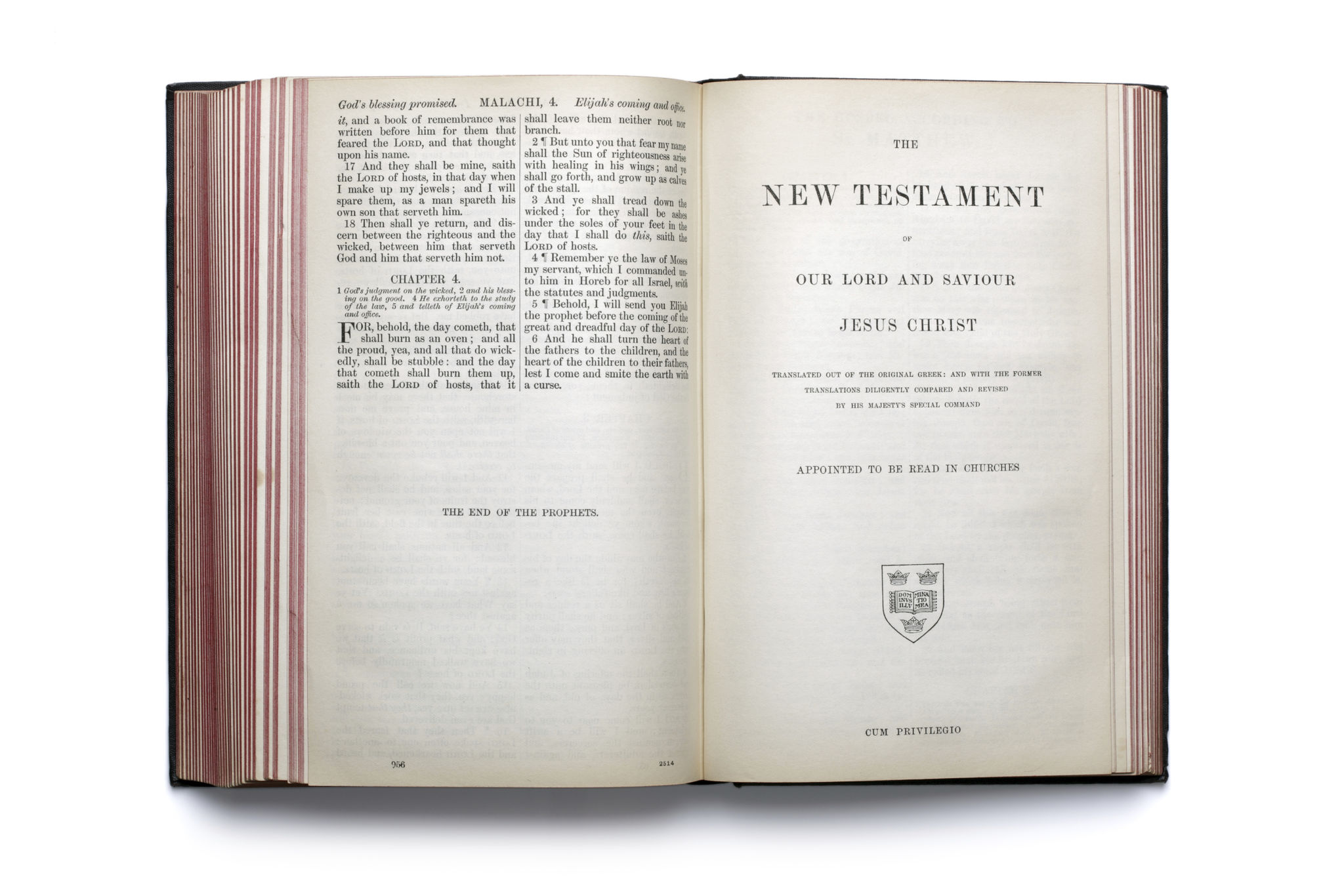Debunking Common Misconceptions About the Bible
The Misconception of Literalism
One of the most common misconceptions about the Bible is that it must be interpreted literally in all instances. While some parts are historical accounts, others are allegorical or metaphorical. The Bible is a complex compilation of texts written over centuries by various authors, each with distinct styles and purposes. Understanding the context and genre of each book is crucial to grasping its intended message.
For instance, the book of Psalms is poetic, while the Gospels are more historical. Recognizing these differences helps readers appreciate the rich tapestry of narratives and teachings within the Bible.

Science and the Bible
Another prevalent misconception is that the Bible contradicts science. This misunderstanding often stems from interpreting biblical texts as scientific manuals, which they were never intended to be. The Bible addresses spiritual truths and moral guidance rather than scientific inquiry.
Many scholars and theologians suggest that science and faith can coexist harmoniously. They argue that scientific discoveries can complement religious beliefs by enhancing our understanding of the world created by God.

The New Testament vs. Old Testament
Some believe the New Testament completely replaces or invalidates the Old Testament. However, this perception overlooks the continuity and fulfillment between the two. The New Testament often references and builds upon the Old Testament, demonstrating a cohesive narrative throughout.
Jesus himself quoted extensively from the Old Testament, affirming its significance. Understanding both testaments as interconnected helps provide a more comprehensive view of biblical teachings.

The Role of Women in the Bible
A common misconception is that the Bible portrays women as inferior or subservient. While some passages are often cited to support this view, a broader examination reveals numerous instances where women play pivotal roles. Figures such as Deborah, Esther, and Mary are celebrated for their leadership, bravery, and faith.
The Bible contains stories that highlight the strength and influence of women, challenging traditional stereotypes and offering valuable lessons on gender equality and respect.
The Bible's View on Wealth
Many people believe that the Bible condemns wealth outright. While it does warn against the dangers of loving money, it does not vilify wealth itself. Instead, biblical teachings emphasize responsible stewardship and generosity.
The parable of the talents, for example, encourages wise management of resources. The emphasis is on using wealth ethically to benefit others and honor God.

Christianity and Exclusivity
Some criticisms of Christianity stem from the belief that it promotes exclusivity or intolerance towards other beliefs. However, many Christian denominations advocate for love, compassion, and understanding across different faiths.
The teachings of Jesus often highlight inclusivity, urging followers to love their neighbors and extend grace to all people. This broader interpretation encourages dialogue and mutual respect among diverse communities.